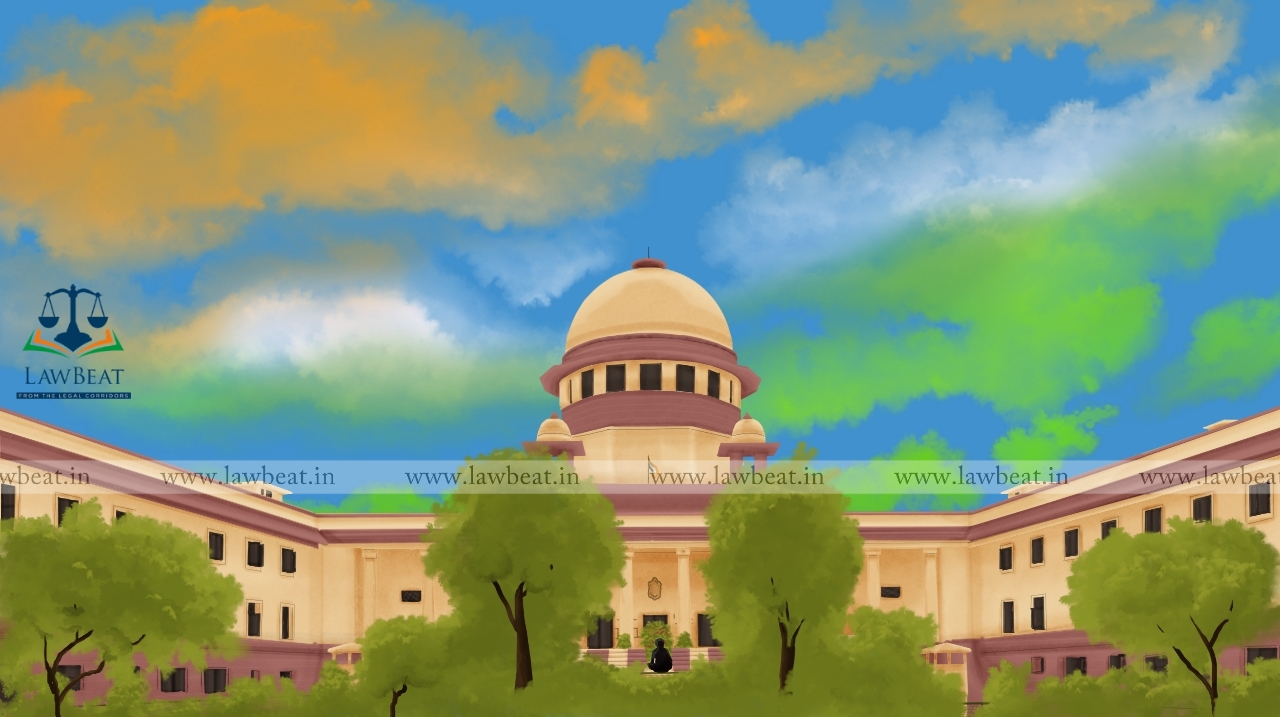Non Examination Of All Or Every Witness Is Immaterial As Long As The Prosecution Case Can Withstand The Test Of Proof Beyond Doubt: Supreme Court Reiterates

The Supreme Court bench of Hon’ble Chief Justice NV Ramana, Justice Surya Kant & Justice Aniruddha Bose has recently observed that, so long as the prosecution case can withstand the test of proof beyond doubt, non-examination of all or every witness is immaterial.
“There is no gainsaid that homicidal deaths cannot be left to judicium dei. The Court in their quest to reach the truth ought to make earnest efforts to extract gold out of the heap of black sand. The solemn duty is to dig out the authenticity. It is only when the Court, despite its best efforts, fails to reach a firm conclusion that the benefit of doubt is extended.”, the Court remarked.
The Court in the present matter was hearing an appeal against the judgement & order dated 12.05.2010/27.05.2010 passed by the High Court of Himachal Pradesh whereby their acquittal by the Addl. Sessions Judge, Mandi dated 24.02.1998 has been set aside.
Factual Matrix
In the present matter, the accused(s) executed an axe blow on the deceased's head, assaulted the other villagers with sticks & threatened to kill the complainant's family if they tried to leave the house. The complainant after the incident walked for 24 kms to Jogindernagar police station and lodged FIR against sixteen villagers including the appellants at 9:30 AM on 24.02.1996. The police after investigation found that only seven persons out of the lot were involved in the attack against whom the charge-sheet was filed & they were committed to stand trial for offence under Sections 147, 148, 452, 506, 323, 302 and 326 of the IPC. Vide judgement dated February 24, 1998 the Trial Court by observing prior enmity & extensive litigation between the parties & belatedly exaggerated allegations by prosecution witnesses, acquitted all the accused(s).
Aggrieved, the complainant approached the High Court & the Court after re-appreciation of the entire evidence, set aside the acquittal of the appellants & upheld the acquittal of the rest of the five accused.
The issue that arose for consideration was whether the High Court while exercising its powers under Section 378 of the Code of Criminal Procedure, 1973 (“CrPC”) was justified in interfering with the acquittal by the trial Court.
The Bench placed reliance on the Apex Court judgement in Sangappa v. State of Karnataka, (2010) 3 SCC 686 in which it was observed that, “However, such a precautionary principle cannot be overstretched to portray that the “contours of appeal” against acquittal under Section 378 CrPC are limited to seeing whether or not the trial Court’s view was impossible. It is equally well settled that there is no bar on the High Court’s power to re-appreciate evidence in an appeal against acquittal.”
The Court further added that despite the presence of many persons inside the room of occurrence created chaos and some of such persons were bystanders or fence sitters, the eye-witnesses were able to see the fatal blow to the deceased caused by the accused(s).
While marking the differentia between an “exaggerated version” & “a false version”, it was observed that an exaggerated statement contained both truth and falsity, whereas a false statement had no grain of truth in it (being the ‘opposite’ of ‘true’).
“It is well said that to make a mountain out of a molehill, the molehill shall have to exist primarily. A Court of law, being mindful of such distinction is duty bound to disseminate ‘truth’ from ‘falsehood’ and sift the grain from the chaff in case of exaggerations. It is only in a case where the grain and the chaff are so inextricably intertwined that in their separation no real evidence survives, that the whole evidence can be discarded.”, the Bench further noted.
Therefore, the Bench while upholding the High Court judgement & setting aside the Trial Court’s verdict observed that the High Court was merited to interfere with the perverse findings of the trial Court and thereby prevented miscarriage of justice by separating grain from the husks leading to the conviction of the appellants.
Case Title: Achhar Singh v. State of Himachal Pradesh| Criminal Appeal Nos. 1140 -1141 Of 2010
